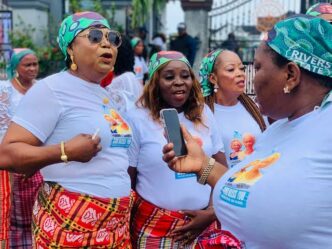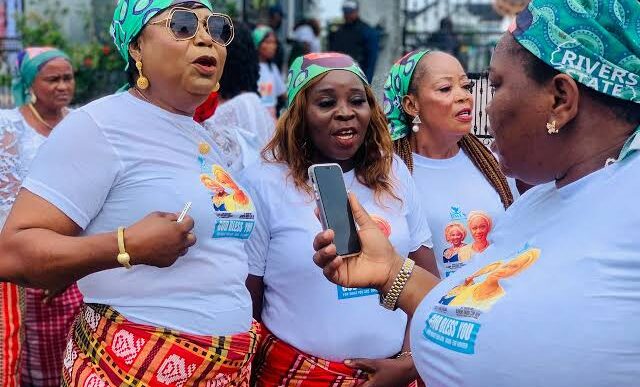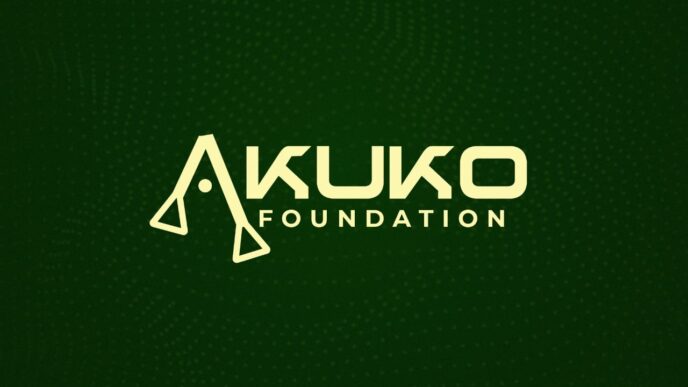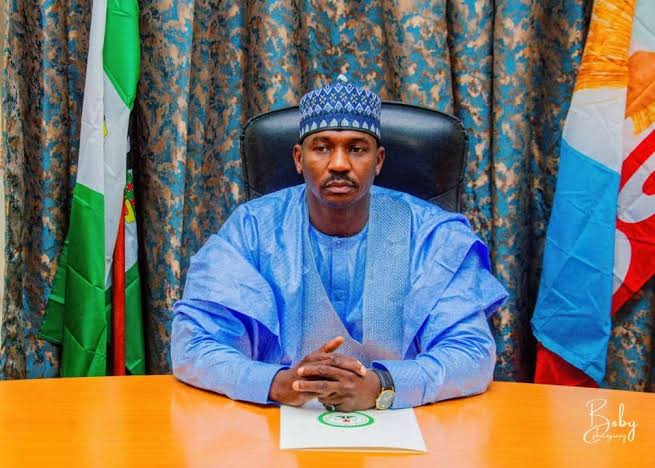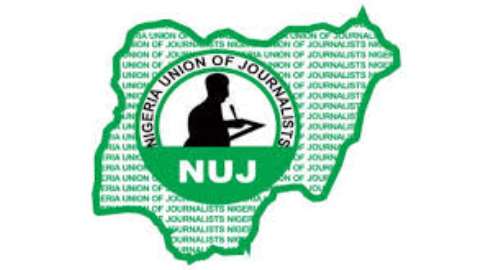Federal High Court in Abuja has dismissed a request from E-naira Payment Solutions Limited to prohibit the Central Bank of Nigeria (CBN) from using the e-naira trademark.
Gatekeepers News reports that Justice James Kolawole Omotosho presided over the case, which involved the private company seeking an interim injunction to prevent the CBN from utilizing the trademark, stating that it was claiming ownership based on a registration acceptance from the Trade Mark Registry of Nigeria.
E-naira Payment Solutions Limited argued that their ownership of the trademark was being threatened by the CBN’s actions, claiming they would incur irreparable damages if the apex bank were allowed to claim ownership. In their motion, referenced as FHC/ABJ/CS/2021, the company requested the court to halt any communication between the CBN and the United States Patent and Trademark Office regarding the trademark until the dispute was resolved fully. They also sought to prevent the U.S. from processing the CBN’s application to formally register the e-naira trademark.
In response, the CBN defended its position by asserting that the e-naira trademark is a national asset, exclusive to the Federal Government of Nigeria. The bank stated that the letter of acceptance issued to E-naira Payment Solutions Limited had been voided and withdrawn in November 2021. The CBN emphasized that they possess a registration certificate from the Trade Mark Registry of Nigeria, aligning with the Trade Mark Act, and are in the process of securing registration in the United States.
In court, the CBN characterized the e-naira trademark as a sovereign asset and criticized the plaintiff’s ownership claims, indicating a lack of evidence supporting their assertions. The CBN contended that granting the plaintiff’s request would result in greater economic harm to Nigeria than to the plaintiff.
Justice Omotosho ultimately sided with the CBN, determining that Nigeria’s economy would suffer more significant damage if the request were granted. He noted that the CBN’s communication with the U.S. Patent and Trademark Office was intended to protect Nigeria’s interests rather than maliciously harm the plaintiff.
The judge denied the plaintiff’s request and ordered them to pay a cost of N50,000 to the CBN before the hearing of the substantive suit, which is scheduled for June 26.


